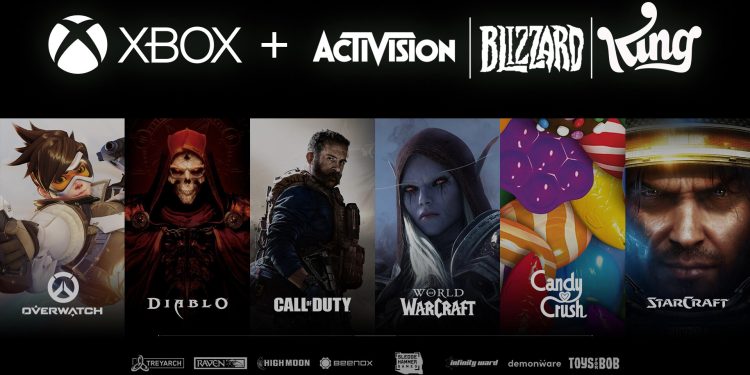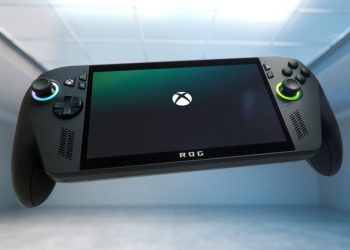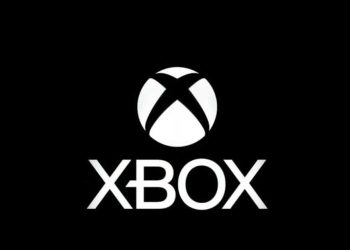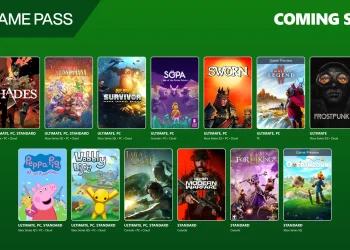Microsoft is reportedly exploring the possibility of selling some of its cloud gaming rights in the United Kingdom as a strategic move to obtain regulatory approval for acquiring Activision Blizzard. The $69 billion deal has faced obstacles, with the UK’s Competition and Markets Authority and the US Federal Trade Commission expressing concerns about its potential impact on competition in the gaming industry. Microsoft is considering concessions in the UK cloud gaming market to address these concerns. This article delves into the details of the situation and its potential implications.
The CMA blocked Microsoft’s acquisition of Activision Blizzard in April due to concerns surrounding the nascent cloud gaming market. The CMA’s decision prompted Microsoft to appeal the ruling, with the court case initially set to begin on July 28. However, Microsoft and the CMA recently paused legal proceedings, aiming to reach an out-of-court agreement. The tech giant aims to finalize the deal before the merger agreement expires on July 18, as failing to do so could result in Activision Blizzard receiving a $3 billion termination fee.
According to insider sources cited by Bloomberg, Microsoft is contemplating selling some of its cloud gaming rights in the UK to potential buyers, such as telecommunications, gaming, internet-based computing companies, or private equity firms. By divesting some of its cloud-based market rights, Microsoft hopes to address the CMA’s concerns and demonstrate its commitment to promoting a competitive environment in the UK gaming industry.
In the United States, the FTC requested a temporary block on Microsoft’s takeover of Activision Blizzard while the agency appealed a judge’s ruling that approved the deal. However, the judge rejected the FTC’s request, allowing Microsoft and Activision Blizzard to proceed with the merger. The FTC is now appealing the decision to the 9th US Circuit Court of Appeals and seeks emergency action to halt the deal’s closure.
The FTC’s decision to appeal the ruling highlights the agency’s determination to challenge big tech deals in court. The outcome of this case holds significant implications for the FTC’s ability to regulate such mergers, following the agency’s earlier defeat in its challenge against Meta Platforms Inc.’s acquisition. Meanwhile, in the UK, the CMA has expressed willingness to reassess Microsoft’s proposals, pausing the appeal process before the Competition Appeal Tribunal to allow room for potential remedies that address competition concerns.
If Microsoft successfully navigates the regulatory hurdles and completes the acquisition of Activision Blizzard, it will significantly strengthen its position in the global gaming market. The deal would propel Microsoft to the third position, trailing only Tencent Holdings Ltd. and Sony Corp. regarding market presence. By incorporating Activision Blizzard’s portfolio of popular gaming franchises, Microsoft aims to expand its footprint in mobile gaming and solidify its position in the industry.




















